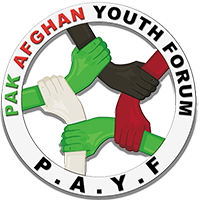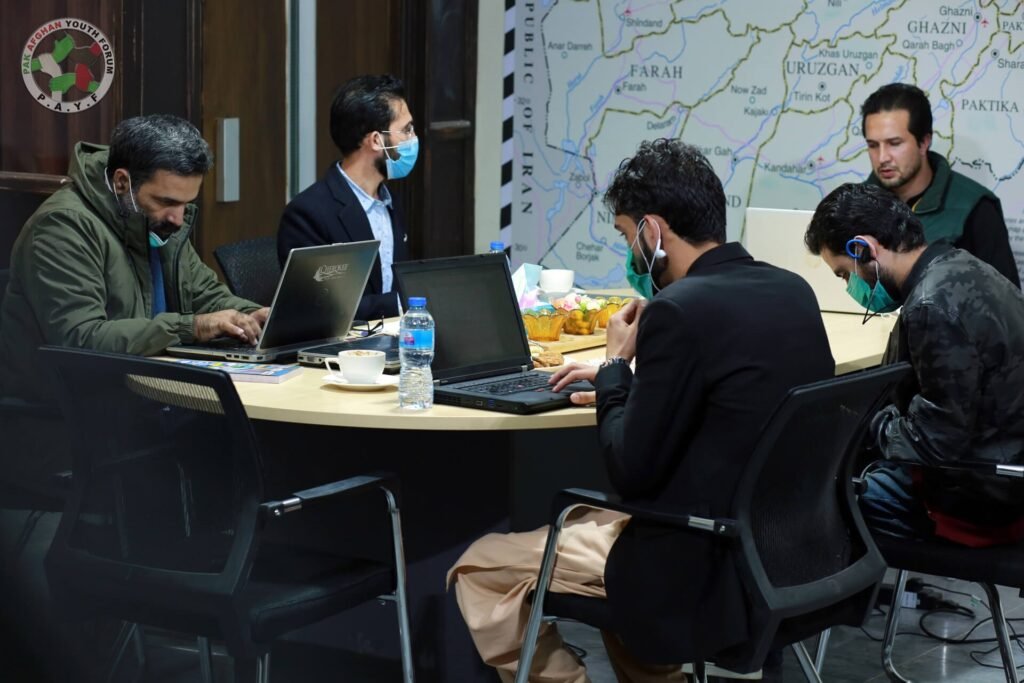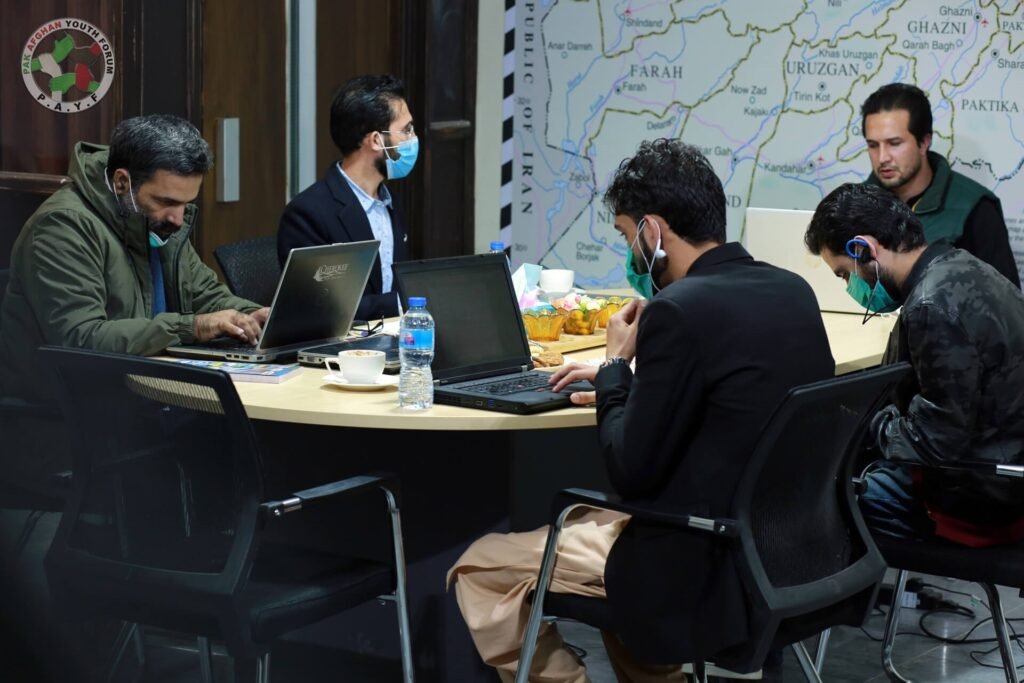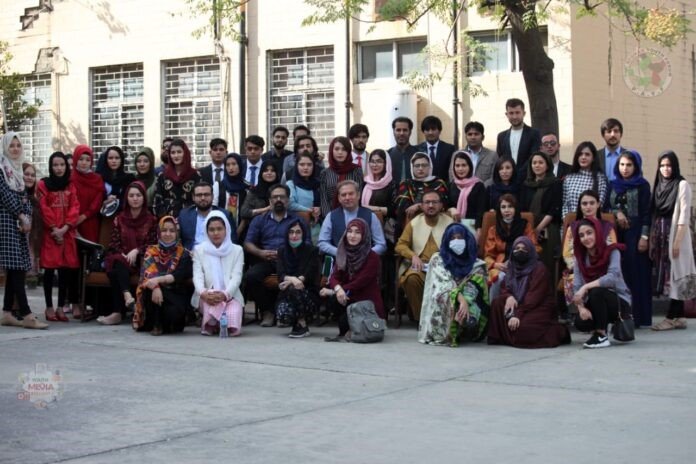On 20th November, Pak Afghan Youth Forum held a webinar on “Pak-Afghan Trade Issues- Opportunities, Challenges, and Responses”. The Forum brought various Afghan traders and stakeholders of Pak-Afghan trade policies on one platform, along with Ms. Shandana Gulzar; a member of the National Assembly, and the former Pakistani Parliamentary Secretary for Chamber and Commerce, who holds various leadership roles dealing with development as well as industry.
The platform allowed and encouraged candor, and it allowed the traders’ grievances to be heard and discussed. The webinar was in English and Pashto, allowing the traders to voice their concerns in a language they were comfortable with. The esteemed Nizam Salarzai was moderating, and translating the main points raised by the Pashto-speaking panelists for the wider audience. The webinar was held over zoom and was also live on Facebook. There were many attendees, ranging from students of forestry to members of the business community.
The esteemed panelists included Khan Jan Alokozay who is the founder and co-president of Pak Afghan Joint Chamber of Commerce and Industry (PAJCCI), as well as the Vice-Chairman of the Afghanistan Chamber Federation. He emphasized Pakistan and Afghanistan’s dependence on each other for trade and goods and appreciated the changing negative perceptions in recent times, as well as the changes in policies. He said that politics must be separated from trade. Naqibullah Safi, the Executive Director for PAJCCI also spoke on issues hampering trade and urged the government of Pakistan to sign a Professional Trade Agreement. Qasim Yousafi, the Board Director for the Nangarhar Chamber of Agriculture and Livestock Products, spoke about the need for a policy change on Pakistan’s end and the need for both countries to follow WTO standards. Ahmad Shah Yarzada and Irfanullah Sanan, board members of PAJCCI, highlighted several specific grievances of Afghan traders. Ms. Shandana Gulzar assured them that Pakistan was working on addressing the grievances to the best of their ability.
PAYF aimed to achieve some mutually acceptable recommendations and problem-solving initiatives and successfully created a direct connection that the panelists are looking forward to using in the future. In this way, stakeholders in Afghanistan can have their voices taken into consideration by Pakistani policymakers.



